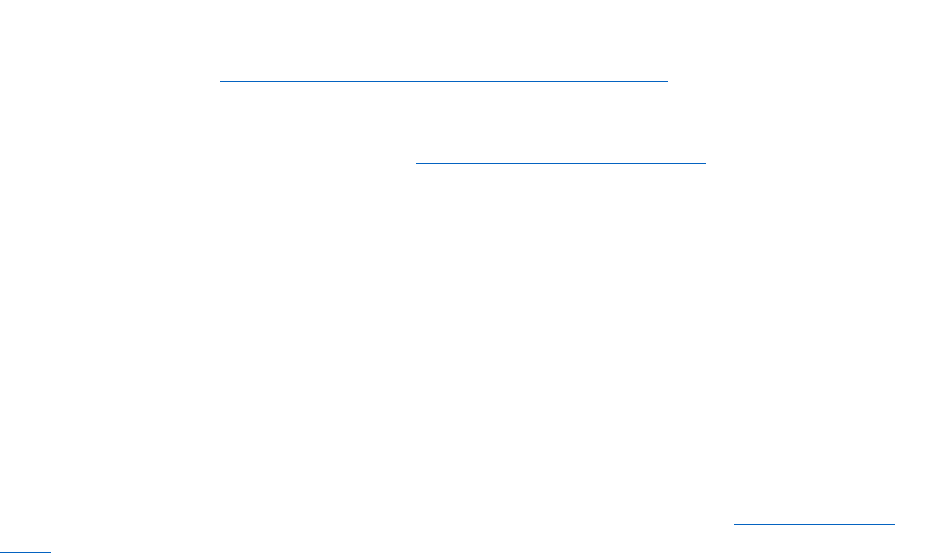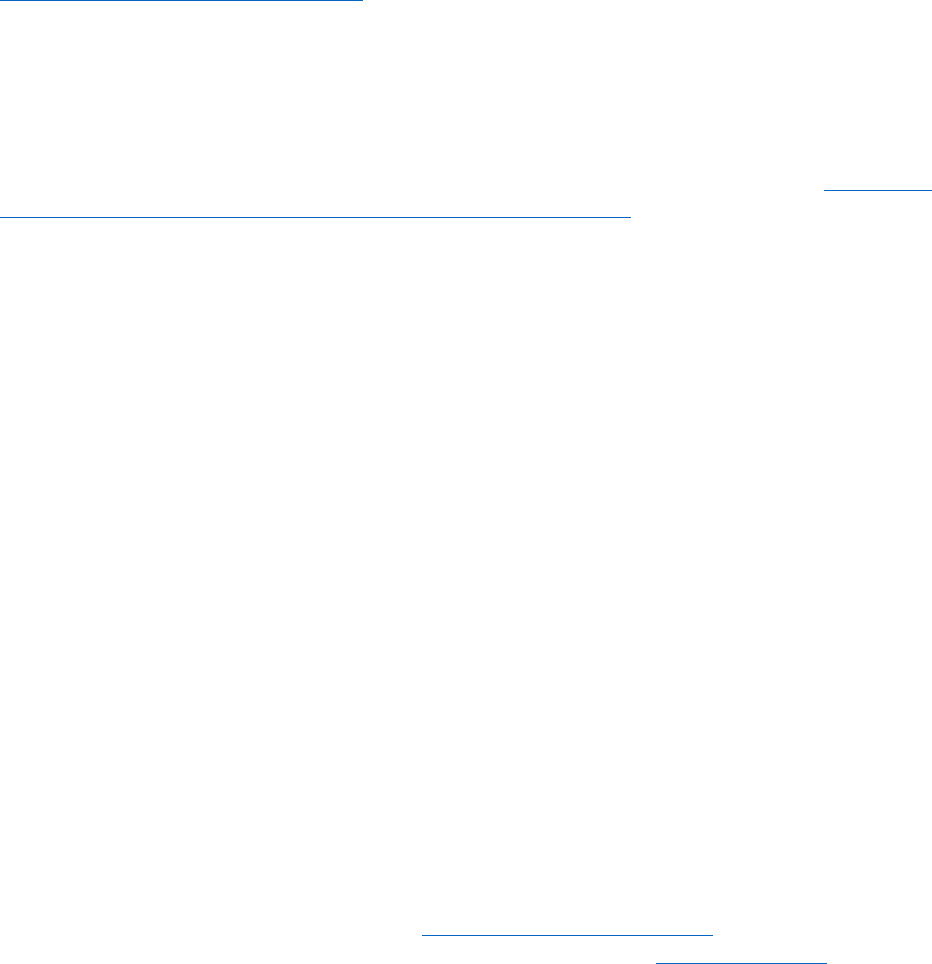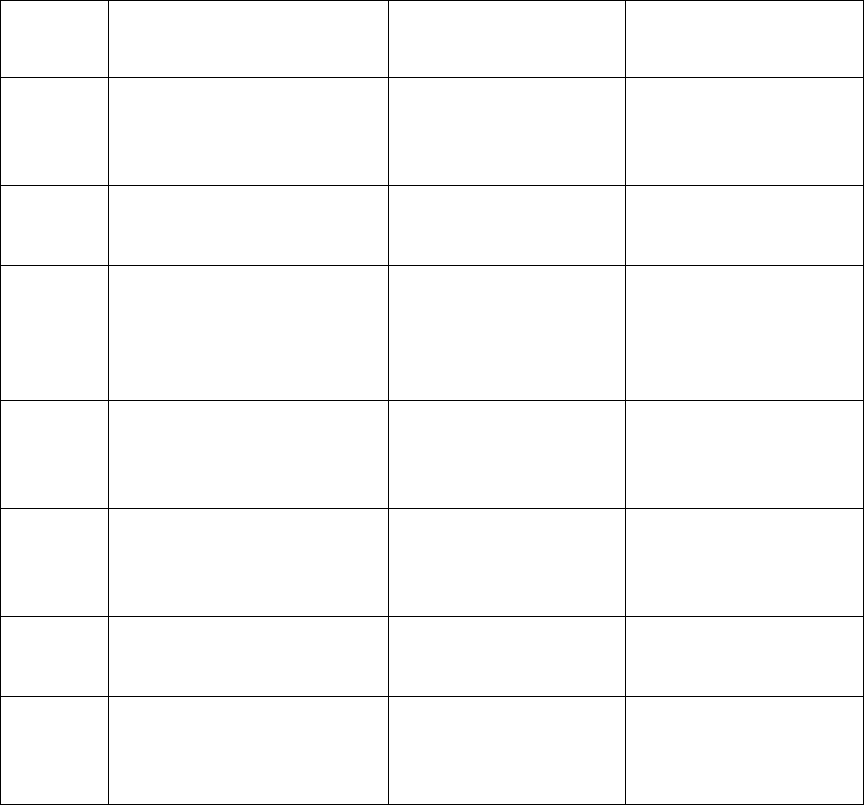
Principles and Practices in Lodging Operations HOA 716 Syllabus
1
HOA 716 Principles and Practices in Hotel Management
UNIVERSITY OF NEVADA LAS VEGAS
William F. Harrah College of Hospitality
Spring 2022
Item
Detail(s)
Time(s):
Class Location
Office Location:
Office Hours:
Phone:
WebCampus:
Email:
Note: The instructor reserves the right to change the syllabus as it relates to how the course is
administered.
Course Description
Examination of the mechanisms and techniques employed in the management of hotel/motel
companies. Comparisons, case studies, and selected topics focus on equity structures, operations,
marketing, and systems for a variety of public and private operations.
Course Prerequisite(s):
Admission into the HOA program.
Course Rationale
The purpose of this course is to provide a high-level overview of the lodging industry. As a
graduate level course, this course will provide students with the history, relevant academic
research, and latest trends in different segments of the lodging industry.
Program Competencies
Examine mechanisms and techniques employed in the management of hotel management,
convention and meetings management, casino management, or food service management.
Course Competencies
Upon completion of this course, students will be able to do the following:
• Discuss the history of lodging in the United States.
• Understand and critically examine relevant issues in lodging today.
Principles and Practices in Lodging Operations HOA 716 Syllabus
2
• Describe the core duties of different lodging departments within hotels.
• Assess the role of a general manager and assistant manager.
• Clearly communicate relevant information related to the lodging industry.
Learning Outcomes/Course Objectives
Upon successful completion of this course, the students should be able to:
1. Describe and discuss current issues in the hotel/lodging industry in areas including
ownership/equity structures, trends in investment/reinvestment into the business,
operations, sales, marketing, and emerging sectors.
2. Gather and analyze data to help with decision-making in the hotel industry, including
identifying all reasonable alternatives, selecting the best alternative, and justifying why
you recommend a particular solution, and why the remaining alternatives are less
desirable.
3. Communicate effectively, both verbally and in writing, with various parties, including
owners, asset/portfolio managers, brand managers, hotel operators, and hotel operations
staff.
Required Text
Sandoval-Starusz, A.K. (2007) Hotel: An American History.
Readings posted on Canvas.
Evaluation Methods
Late work
Late work will not be accepted. All assignments must be submitted on time.
In-class assignments
There will be 6 in-class assignments throughout this course. The object of these assignments will
be to create a Wikipedia page for the history of hotels in the United States. Each week, students
will be asked to work collaboratively on different sections of the proposed Wikipedia page which
will then be submitted to Wikipedia at the end of the course. Students must be present to
complete the in-class assignments.
Homework Assignments
There will be 6 homework assignments in this class. Each homework assignment will be unique
and may be based on the text-book or the Canvas readings. The homework assignments are
designed to measure the individual student’s learning in the course. The homework assignments
are individual work and must be completed indepdently
Principles and Practices in Lodging Operations HOA 716 Syllabus
3
Mid-term Exam
There will be one exam in this course, a mid-term exam. This exam will be given in class and
will consist of multiple-choice, true/false, short answer, and essay questions.
Final Project
Students will complete a final project in this course related to current events in lodging. The final
project will consist of three part:
1. Rough draft – due in Week 12 on Friday at 5:00 p.m.
2. Presentation – presented in class in Week 15
3. Final Draft – due in Week 16 (final exam week) on Tuesday at 5:00 p.m.
The final project will be unique each semester and will be discussed at length in the class.
Point Breakdown
In-Class assignments (6, 20 points each) 120 points
Homework assignments (6, 20 points each) 120 points
Mid-term Exam (100 points) 100 points
Final Paper (100 points) 100 points
Final Presentation (60 points) 60 points
Total Points 500 points
Attendance Policy
Students must attend class each week. Failure to be in class will hinder the student’s preperation
for the exam and final project. Excessive absentisim may result in a reduction in the overall class
grade at the discretion of the insctuor. This includes tardiness. There will be guest speakers from
industry, which requires students to be present and engaged. In-class assignments cannot be
completed outside of class.
Grading Scale
A 95 – 100
A- 90 – 94
B+ 87 – 89
B 84 – 86
B- 80 – 83
C+ 77 – 79
C 74 – 76

Principles and Practices in Lodging Operations HOA 716 Syllabus
4
C- 70 – 73
D+ 67 – 69
D 64 – 66
D- 60 – 63
F 00 - 59
UNLV Policies
Public Health Directives
Face coverings are mandatory for all faculty and students in the classroom. Students must follow
all active UNLV public health directives while enrolled in this class. UNLV public health
directives are found at Health Requirements for Returning to Campus,
https://www.unlv.edu/coronavirus/health-requirements. Students who do not comply with these
directives may be asked to leave the classroom. Refusal to follow the guidelines may result in
further disciplinary action according to the UNLV Student Conduct Code,
https://www.unlv.edu/sites/default/files/page_files/27/StudentConduct-Code.pdf, including being
administratively withdrawn from the course.
Academic Misconduct
Academic integrity is a legitimate concern for every member of the University community. We
all share in upholding the fundamental values of honesty, trust, respect, fairness, responsibility,
and professionalism. By choosing to join the UNLV community, students accept the expectations
of the Student Academic Misconduct Policy, and are encouraged to always take the ethical path
whenever faced with choices. Students enrolling at UNLV assume the obligation to conduct
themselves in a manner compatible with UNLV’s educational mission. An example of academic
misconduct is plagiarism. Plagiarism is using the words or ideas of another person, from the
Internet or any other source without proper citation of the source(s). See the Student Conduct
Code, https://www.unlv.edu/studentconduct/student-conduct.
Auditing a Course
Auditing a course allows a student to continue attending the lectures and/or laboratories and
discussion sessions associated with the course, but the student will not earn a grade for any
component of the course. Students who audit a course receive the same educational experience
as students taking the course for a grade, but will be excused from exams, assessments, and other
evaluative measures that serve the primary purpose of assigning a grade.
Classroom Conduct
Students have a responsibility to conduct themselves in class and in the libraries in ways that do
not interfere with the rights of other students to learn, or of instructors to teach. Use of devices
such as cellular phones and pagers, or other potentially disruptive activities are only permitted
with the prior explicit consent of the instructor. Students are specifically prohibited to record

Principles and Practices in Lodging Operations HOA 716 Syllabus
5
classes without instructor authorization, including online/remote classes (either audio only, or
video and audio). The instructor may rescind permission at any time during the class. If a student
does not comply with established requirements or obstructs the functioning of the class, the
instructor may initiate an administrative withdrawal of the student from the course.
Since the COVID-19 pandemic forced some instruction to be delivered remotely starting in
Spring 2020, numerous students have asked instructors to record their synchronous classes, so
that they can access them at their convenience. Instructors who agree to record their classes
(audio only, or video and audio) should inform students in advance. Recorded lectures may not
be broadly released to anyone, but made available exclusively to those students enrolled in the
class during the particular academic term. Recorded lectures must be stored securely, and are
subject to the Nevada System of Higher Education’s Records Retention Policy, meaning that the
recordings can only be deleted 120 days after the end of class (i.e., after grades are posted). Once
this requirement is met, the recordings should be deleted. Class recordings are protected from
disclosure, as they are deemed part of an educational record under the Family Educational Rights
and Privacy Act (FERPA).
Copyright
The University requires all members of the University Community to familiarize themselves
with, and to follow copyright and fair use requirements. You are individually and solely
responsible for violations of copyright and fair use laws. The University will neither protect nor
defend you, nor assume any responsibility for student or employee violations of fair use laws.
Violations of copyright laws could subject you to federal and state civil penalties and criminal
liability, as well as disciplinary action under University policies. Additional copyright policy
information is available at https://www.unlv.edu/provost/copyright.
Disability Resource Center (DRC)
The UNLV Disability Resource Center (Student Services Complex, SSC-A, Room 143,
https://www.unlv.edu/drc, telephone 702-895-0866) provides resources for students with
disabilities. Students who believe that they may need academic accommodations due to a
permanent disability, temporary or permanent medical need, or academic support due to
pregnancy are encouraged to contact the DRC as early as possible in the academic term. A
Disabilities Specialist will discuss what options may be available to you. Students who are
already registered with the DRC should request their accommodations online each semester, and
make an appointment to discuss their accommodations with their instructors.
Final Examinations
The University requires that final exams given at the end of a course occur on the date and at the
time specified in the Final Exam schedule. The Final Exam schedule is typically available at the
start of the semester, and the classroom locations are available approximately one month before
the end of the semester. See the Final Exam Schedule, https://www.unlv.edu/registrar/calendars.
Identity Verification in Online Courses

Principles and Practices in Lodging Operations HOA 716 Syllabus
6
All UNLV students must use their Campus-issued ACE ID and password to log in to
WebCampus-Canvas.
UNLV students enrolled in online or hybrid courses are expected to read and adhere to the
Student Academic Misconduct Policy, https://www.unlv.edu/studentconduct/misconduct/policy,
which states that “acting or attempting to act as a substitute for another, or using or attempting to
use a substitute, in any academic evaluation or assignment” is a form of academic misconduct.
Intentionally sharing ACE login credentials with another person may be considered an attempt to
use a substitute, and could result in investigation and sanctions, as outlined in the Student
Academic Misconduct Policy.
UNLV students enrolled in online courses are also expected to read and adhere to the Acceptable
Use of Computing and Information Technology Resources Policy,
https://www.it.unlv.edu/policies/acceptable-use-computing-and-information-technology-
resources-policy, which prohibits sharing university accounts with other persons without
authorization.
To the greatest extent possible, all graded assignments and assessments in UNLV online courses
should be hosted in WebCampus-Canvas or another UNLV-managed platform that requires ACE
login credentials for access.
Incomplete Grades
The grade of “I” (Incomplete) may be granted when a student has satisfactorily completed three-
fourths of course work for that semester/session, but cannot complete the last part of the course
for reason(s) beyond the student’s control and acceptable to the instructor, and the instructor
believes that the student can finish the course without repeating it. For undergraduate courses,
the incomplete work must be made up before the end of the following regular semester. Graduate
students receiving “I” grades in 500-, 600-, or 700-level courses have up to one calendar year to
complete the work, at the discretion of the instructor. If course requirements are not completed
within the period indicated, a grade of “F” will be recorded, and the student’s GPA will be
adjusted accordingly. Students who are fulfilling an Incomplete grade do not register for the
course, but make individual arrangements with the instructor who assigned the “I” grade.
Library Resources
Librarians are available to consult with students on research needs, including developing
research topics, finding information, and evaluating sources. To make an appointment with a
subject expert for this class, please visit the Libraries’ Research Consultation website,
https://guides.library.unlv.edu/appointments/librarian. You can also ask the library staff questions
via chat and text message at https://ask.library.unlv.edu/.
Missed Classwork
Any student missing class, quizzes, examinations, or any other class or laboratory work because
of observance of religious holidays will be given an opportunity during that semester to make up
the missed work. The make-up opportunity will apply to the religious holiday absence only. It is

Principles and Practices in Lodging Operations HOA 716 Syllabus
7
the responsibility of the student to notify the instructor within the first 14 calendar days of the
course for Fall and Spring courses (except for modular courses), or within the first 7 calendar
days of the course for Summer and modular courses, of their intention to participate in religious
holidays which do not fall on state holidays or periods of class recess. For additional
information, please visit the Missed Classwork policy, under Registration Policies, on the
Academic Policies webpage,
https://catalog.unlv.edu/content.php?catoid=32&navoid=8271&hl=.
In accordance with the policy approved by the Faculty Senate regarding missed class time and
assignments, students who represent UNLV in any official extracurricular activity will also have
the opportunity to make up assignments, provided that the student submits official written
notification to the instructor no less than one week prior to the missed class(es).
The spirit and intent of the policy for missed classwork is to offer fair and equitable assessment
opportunities to all students, including those representing the University in extracurricular
activities. Instructors should consider, for example, that in courses which offer a “Drop one”
option for the lowest assignment, quiz, or exam, assigning the student a grade of zero for an
excused absence for extracurricular activity is both contrary to the intent of the Faculty Senate’s
policy, and an infringement on the student’s right to complete all work for the course.
This policy will not apply in the event that completing the assignment or administering the
examination at an alternate time would impose an undue hardship on the instructor or the
University that could be reasonably avoided. There should be a good faith effort by both the
instructor and the student to agree to a reasonable resolution. When disagreements regarding this
policy arise, decisions can be appealed to the Department Chair/School Director, College/School
Dean, and/or the Faculty Senate Academic Standards Committee.
For purposes of definition, extracurricular activities may include, but are not limited to academic
recruitment activities, competitive intercollegiate athletics, fine arts activities, liberal arts
competitions, science and engineering competitions, and any other event or activity sanctioned
by a College/School Dean, and/or by the Executive Vice President and Provost.
Rebelmail
Rebelmail is UNLV’s official email system for students and by University policy, instructors and
staff should only send emails to students’ Rebelmail accounts. Rebelmail is one of the primary
ways in which students receive official University communications, information about deadlines,
major Campus events, and announcements. All UNLV students receive a Rebelmail account
after they have been admitted to the University. Sending emails within WebCampus-Canvas is
also acceptable.
Tutoring and Coaching
The Academic Success Center (ASC), at the Claude I. Howard Building, provides tutoring,
academic success coaching, and other academic assistance for all UNLV undergraduate students.
For information regarding tutoring subjects, tutoring times, and other ASC programs and
services, please visit the ASC website, https://www.unlv.edu/asc, or call 702-895-3177. The ASC

Principles and Practices in Lodging Operations HOA 716 Syllabus
8
is located across from the Student Services Complex (SSC). Academic success coaching is
located on the second floor of SSC A, Room 254. Drop-in tutoring is located on the second floor
of the Lied Library, and on the second floor of the College of Engineering building (TBE A
207).
UNLV Writing Center
One-on-one or small group assistance with writing is available free of charge to UNLV students
at the Writing Center, https://writingcenter.unlv.edu/, located in the Central Desert Complex,
Building 3, Room 301 (CDC 3–301). Walk-in consultations are sometimes available, but
students with appointments receive priority assistance. Students may make appointments in
person or by calling the Center, telephone 702-895-3908. Students are requested to bring to their
appointments their Rebel ID Card, a copy of the instructions for their assignment, and two copies
of any writing they have completed on their assignment.
Diversity Statement
As an institution of higher learning, UNLV represents a rich diversity of human beings among its
faculty, staff, and students, and is committed to aspiring to maintain a Campus environment that
values that diversity. Accordingly, the University supports understanding and appreciation of all
members of its community, regardless of race, sex, age, color, national origin, ethnicity, creed,
religion, disability, sexual orientation, gender, gender identity, marital status, pregnancy, genetic
information, veteran status, or political affiliation. Please see University Statements and
Compliance, https://www.unlv.edu/about/statements-compliance.
A successful learning experience requires mutual respect and trust between the students and the
instructor. Accordingly, the instructor asks that students be willing to listen to one another’s
points of view, acknowledging that there may be disagreements, keep discussion and comments
on topic, and use first person, positive language when expressing their perspectives.

Principles and Practices in Lodging Operations HOA 716 Syllabus
9
Course Agenda/Schedule
Week
Topic
Readings
Assignments
Week 1
Course Introduction
The modern front desk
and its role across
different segments
Canvas Readings
Homework
assignment 1 due on
Monday at 5:00 p.m.
Week 2
History of the Hotel
industry – 1789 to 1876
Readings: Sandoval-
Strausz Chapters 1-3
In-class assignment 1
due
Week 3
The Dawn of the Grand
Hotel and Cesar Ritz –
1876 to 1908
Readings: Sandoval-
Strausz Chapter 4,
Canvas readings
In class assignment 2
Week 4
The evoluation of
houskeeping and the
modern houskeeping
department
Canvas readings
Homework
assignment 2 due on
Friday at 5:00 p.m.
Week 5
The professionalization of
hospitality
Readings: Sandoval-
Strausz Chapter 5
Canvas Readings
In class assignment 3
Week 6
Front services – bell and
valet
Canvas Readings
Homework
assignment 3 due on
Friday at 5:00 p.m.
Week 7
Exam 1
Guest Speaker
Week 8
Laws of innkeeping
Introduction of final
project
Readings: Sandoval-
Strausz Chapters 6
and 7
In class assignment 4
Week 9
Spring Break

Principles and Practices in Lodging Operations HOA 716 Syllabus
10
Week
Topic
Readings
Assignments
Week
10
Room reservations
Canvas Readings
Homework
assignment 4 due on
Friday at 5:00 p.m.
Week
11
Revenue Management
Canvas Readings
In class assignment 5
Week
12
The role of the general
manager and assistant
manager or Jack of
Trades, Master of None
Canvas Readings
Rough draft of final
project due Friday at
5:00 p.m.
Week
13
Diversity and Inclusion –
a historical perspective
Readings: Sandoval-
Strausz Chapters 9
and 10
In class assignment 6
due on Friday at 5:00
p.m.
Week
14
Peer-to-peer
accomodations
Canvas readings
Homework
assignment 6 due on
Friday at 5:00 p.m.
Week
15
Presentations – Present
final project
Week
16
Finals week
Final project due on
Tuesday of final exam
week at 5:00 p.m.
